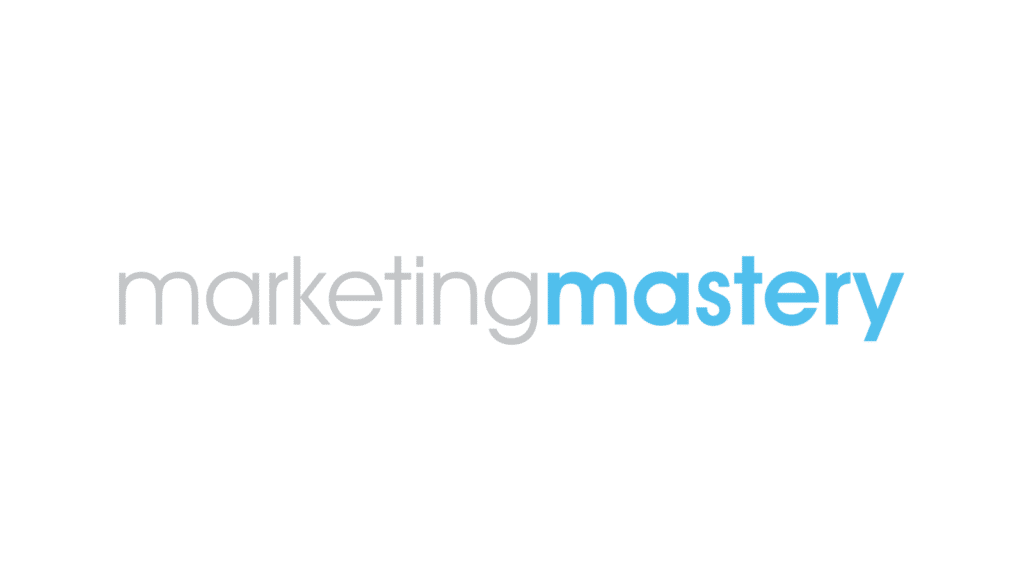A good referral source is like an unpaid sales person.
For many professionals, a top source of good customers is referrals from current customers or other professionals.
For that reason, you have to put the same level of attention into developing referral sources as you do for any other marketing.
The #1 rule: ASK. Don’t be shy, but don’t be tacky about it. Get the ball rolling by inquiring, “Who do you know that would likely be interested in what we offer?” Remember that some people are natural born connectors who thrive on making these links. They will enjoy referring people to you, especially if you make their friends and clients happy.
An introduction from a colleague is much more likely to end up working with you than prospects from most other sources. You should close a much higher proportion from this group. These people may be ready to say yes the first time you talk with them.
Referrals vs. introductions
Even though we talk about referrals, what you actually want is an introduction. Here’s the difference:
- Referral: “Here are a few business cards of people I think might be good for you. Tell them I suggested you call.”
- Introduction: “From what I know of your business, Paul would be a great fit. I’ll give him a call and see if he’d like to talk with you.”
- Personal testimonial: Your customer says about you, “Sandra did great work for us. I highly recommend her.”
Let them know how you’ll assist them in such introductions. For example, spring for coffee.
Who’s a good source?
A good source sees your product or service as complementary to theirs and valuable to their clients. They have clients who are open to what you offer.
Cultivate contacts with local businesses whose clients are potential prospects. If these people know you, respect you, and understand what your company is about, they may be quite pleased to send clients your way.
On the other hand, if they do not know you well, lack a clear idea of your skills or what you offer–or worse, have a distorted idea–then they will either refer no one to you, or refer the wrong kinds of people.
It takes time to build and maintain good contacts, so go for quality, not quantity. You may know six CPAs; five of them never send you a referral, but the sixth sends you a steady stream. Take care of that one. But keep in touch with the other five.
New customers are often very good sources of referrals. After someone has worked with you long enough to have a sound sense of the value you offer, ask him or her for referrals to their associates who are likely prospects.
Nurture your sources
- When they give you a referral, follow up. Don’t drop the ball.
- Contact them periodically so you stay top of mind.
- Put them on your list to receive your ezine and announcements of events.
- Give them a sample of what you sell, so they understand it well. Invite them to sit in on any demo or introductory event you hold.
- Thank them for referrals they send you, even before they do business with you.
- Let them know what happened with those that don’t.
When a referral source sends you people who turn out not to be good prospects, let them know. Contact them, thank them, tell them what happened with their referral, then give them more detail on who you want and who you don’t want.
How many sources do you need?
A few good sources are much better than a lot of mediocre ones. Ask yourself:
- How many new customers do I need in a year?
- What proportion of these likely come from referral sources besides my customers?
- How many referrals or introductions can I expect from a given source in a year?
- What proportion of these do I close?
This gives you a rough idea how many sources you need to cultivate.
Should you reward referral sources?
I’ve offered clients a financial incentive for introducing someone who became a customer. Some took advantage, but most didn’t want it. Some professionals can’t accept any such incentive. The bottom line is that if people respect you and what you do, they want to give you referrals. It’s much better to say thank you by taking somebody to coffee or lunch.
And the absolute best reward is giving a good referral in return.
A good referral source is like an unpaid sales person.
For many professionals, a top source of good customers is referrals from current customers or other professionals.
For that reason, you have to put the same level of attention into developing referral sources as you do for any other marketing.
The #1 rule: ASK. Don’t be shy, but don’t be tacky about it. Get the ball rolling by inquiring, “Who do you know that would likely be interested in what we offer?” Remember that some people are natural born connectors who thrive on making these links. They will enjoy referring people to you, especially if you make their friends and clients happy.
An introduction from a colleague is much more likely to end up working with you than prospects from most other sources. You should close a much higher proportion from this group. These people may be ready to say yes the first time you talk with them.
Referrals vs. introductions
Even though we talk about referrals, what you actually want is an introduction. Here’s the difference:
- Referral: “Here are a few business cards of people I think might be good for you. Tell them I suggested you call.”
- Introduction: “From what I know of your business, Paul would be a great fit. I’ll give him a call and see if he’d like to talk with you.”
- Personal testimonial: Your customer says about you, “Sandra did great work for us. I highly recommend her.”
Let them know how you’ll assist them in such introductions. For example, spring for coffee.
Who’s a good source?
A good source sees your product or service as complementary to theirs and valuable to their clients. They have clients who are open to what you offer.
Cultivate contacts with local businesses whose clients are potential prospects. If these people know you, respect you, and understand what your company is about, they may be quite pleased to send clients your way.
On the other hand, if they do not know you well, lack a clear idea of your skills or what you offer–or worse, have a distorted idea–then they will either refer no one to you, or refer the wrong kinds of people.
It takes time to build and maintain good contacts, so go for quality, not quantity. You may know six CPAs; five of them never send you a referral, but the sixth sends you a steady stream. Take care of that one. But keep in touch with the other five.
New customers are often very good sources of referrals. After someone has worked with you long enough to have a sound sense of the value you offer, ask him or her for referrals to their associates who are likely prospects.
Nurture your sources
- When they give you a referral, follow up. Don’t drop the ball.
- Contact them periodically so you stay top of mind.
- Put them on your list to receive your ezine and announcements of events.
- Give them a sample of what you sell, so they understand it well. Invite them to sit in on any demo or introductory event you hold.
- Thank them for referrals they send you, even before they do business with you.
- Let them know what happened with those that don’t.
When a referral source sends you people who turn out not to be good prospects, let them know. Contact them, thank them, tell them what happened with their referral, then give them more detail on who you want and who you don’t want.
How many sources do you need?
A few good sources are much better than a lot of mediocre ones. Ask yourself:
- How many new customers do I need in a year?
- What proportion of these likely come from referral sources besides my customers?
- How many referrals or introductions can I expect from a given source in a year?
- What proportion of these do I close?
This gives you a rough idea how many sources you need to cultivate.
Should you reward referral sources?
I’ve offered clients a financial incentive for introducing someone who became a customer. Some took advantage, but most didn’t want it. Some professionals can’t accept any such incentive. The bottom line is that if people respect you and what you do, they want to give you referrals. It’s much better to say thank you by taking somebody to coffee or lunch.
And the absolute best reward is giving a good referral in return.




